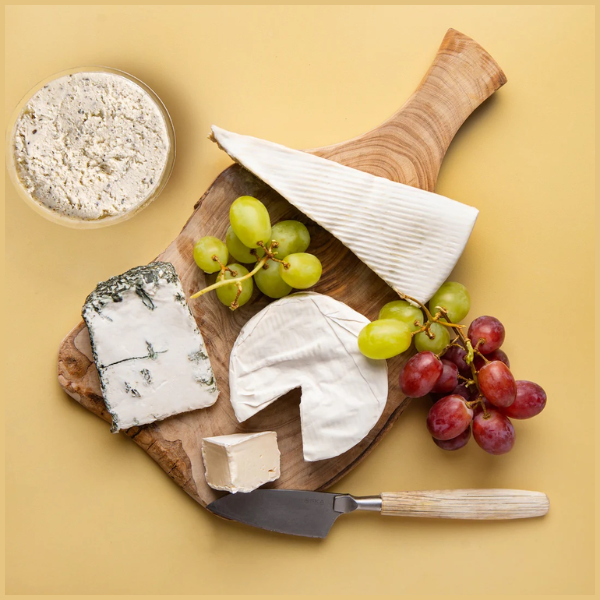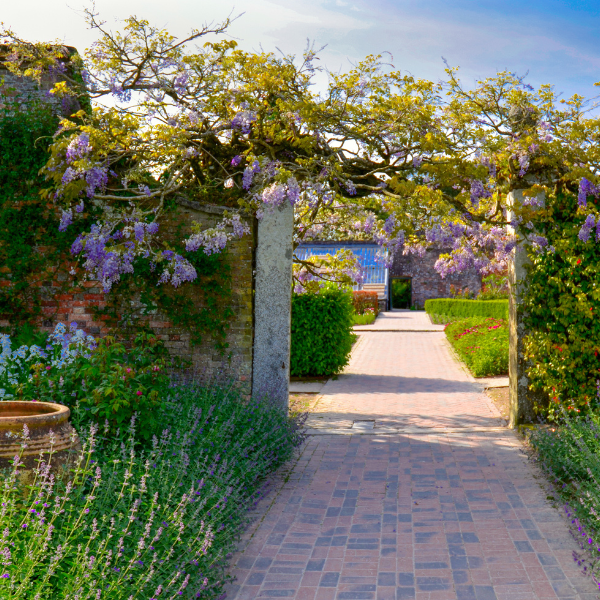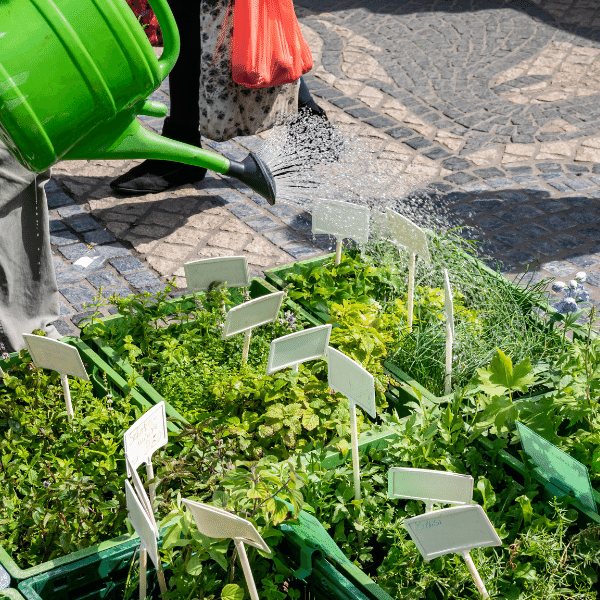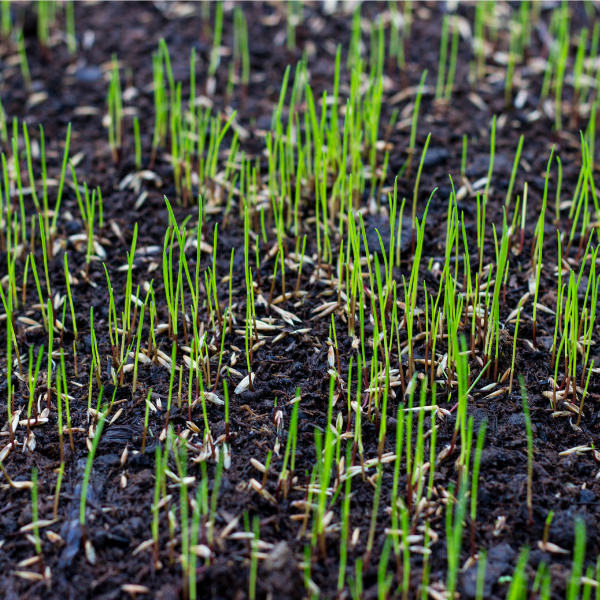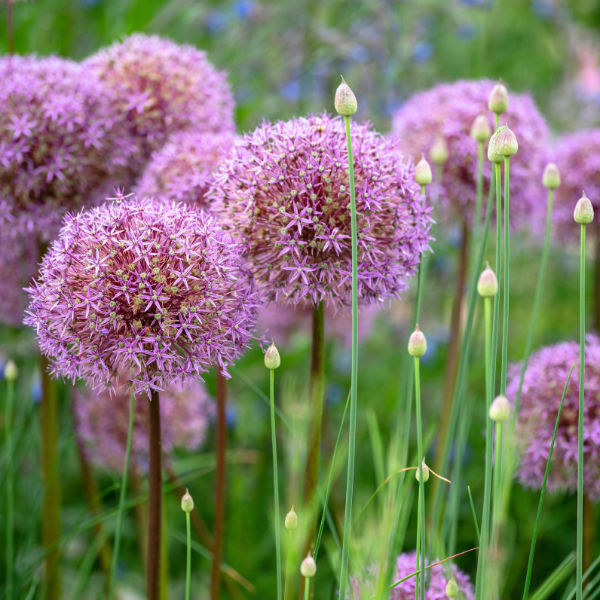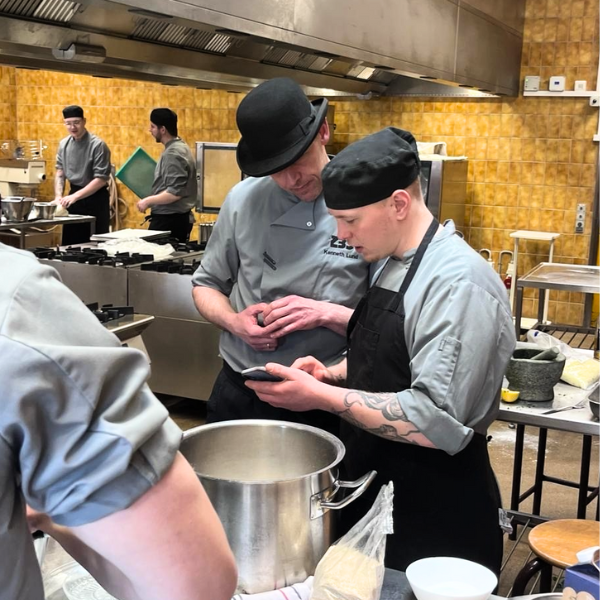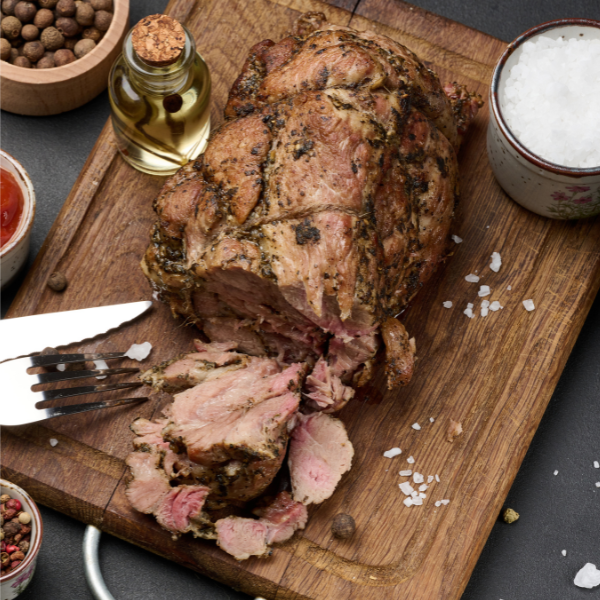Surrey Honey Farm and BeesMAX

About Surrey Honey Farm and BeesMAX
Local Fresh Honey
There's truly nothing quite like the satisfaction of knowing that the honey available at our farm shop is both locally sourced and produced with a noble cause. The Surrey Honey Farm supplies our Sedum Farm Shop with their locally made honey, crafted just a stone's throw away from us in Chessington.
On the 14th and 16th of February, Mark will be visiting from 11 am to 2 pm, offering complimentary tastings and sharing intriguing insights into the honey-making process, along with fascinating facts about their production methods.
In the meantime, we have a delightful assortment of fun facts and captivating photos to share from our recent visit to the beekeeping site earlier this week.
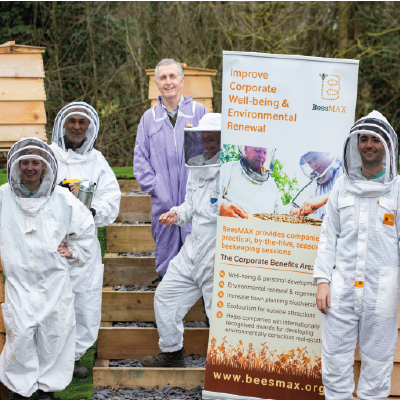
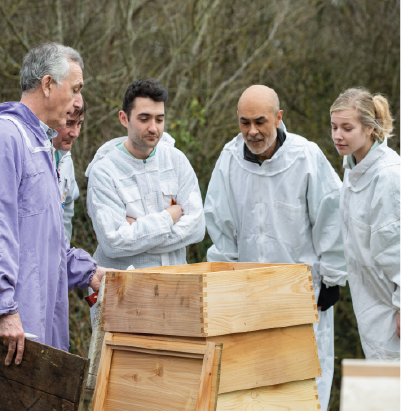
BeesMAX

Do Honeybees work like Sheep?
They employ a smoker to guide and consolidate the bees, a technique likened by Mark from Surrey Honey Farm to herding sheep.
In instances of perceived danger near the hive, a honeybee is dispatched to assess and ensure safety. During the current season, when the bees are in hibernation, it's opportune to inspect the hive as they are less active.
Did you know that a solitary bee generates approximately one tablespoon of honey throughout its entire lifespan? Additionally, they can pollinate up to 1500 flowers in a single day!
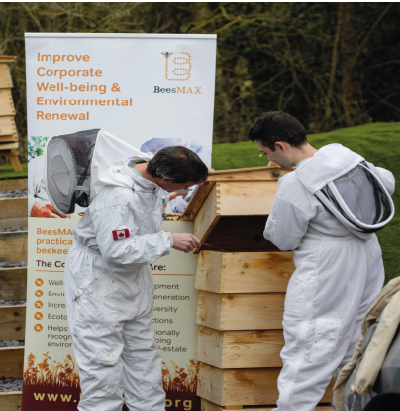

 2,768 REVIEWS
2,768 REVIEWS